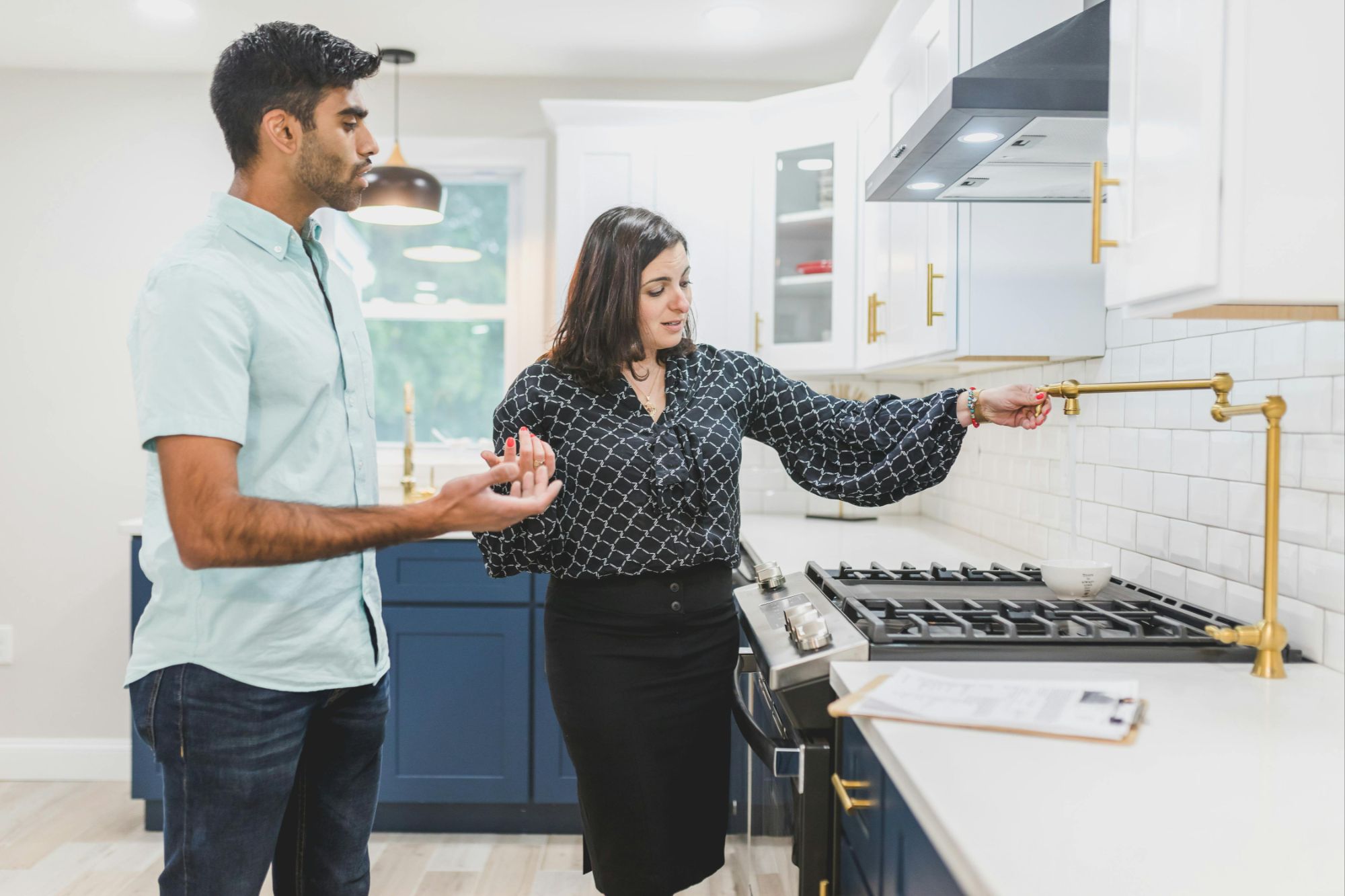Common Home-Selling Mistakes and Smart Ways to Avoid Them
Selling a home is a major financial and emotional milestone. Whether upgrading, downsizing, or relocating, the process can be complex and full of potential pitfalls. Even seemingly small home-selling mistakes can cost sellers time, money, and stress. The good news is that many common mistakes can be avoided with careful planning and the right approach. Understanding these errors and learning how to sidestep them will help you achieve a successful sale with minimal headaches.

Overpricing the Property
One of the most frequent mistakes sellers make is setting an unrealistic price. While it’s natural to want top dollar for your home, overpricing can deter potential buyers and cause your property to linger on the market. An overpriced home may eventually require multiple price reductions, signaling to buyers that something might be wrong with it. A competitive market analysis and guidance from a trusted real estate professional can help you set a fair, market-driven price that attracts serious buyers. Additionally, pricing your home correctly from the outset can generate more interest, resulting in multiple offers and a faster sale.
Neglecting Curb Appeal
First impressions matter, and the exterior of your home is the first thing buyers see. A neglected lawn, peeling paint, or an outdated front door can create a negative perception before buyers even step inside. Investing in landscaping, a fresh coat of paint, and small outdoor upgrades can significantly enhance curb appeal. A well-maintained exterior signals to buyers that the home has been cared for, making it more enticing. Adding welcoming touches, such as a clean doormat, potted plants, and freshly washed windows, can further elevate curb appeal and create an inviting entrance.
Skipping Necessary Repairs
Minor repairs may seem insignificant to a seller, but buyers often scrutinize every detail. A dripping faucet, cracked tile, or scuffed walls can give the impression that the home has been poorly maintained. Addressing these small issues before listing can make a big difference. A pre-listing home inspection can also help identify potential red flags, allowing you to address them ahead of time rather than dealing with surprises during negotiations. Proactive maintenance not only reassures buyers but can also help justify your asking price and prevent last-minute repair requests that might slow down the closing process.

One of the home-selling mistakes is skipping repairs.
Home-Selling Mistakes: Ignoring Home Staging
A cluttered or overly personalized space can make it difficult for buyers to visualize themselves living in the home. Effective staging highlights the home’s best features, creates an inviting atmosphere, and helps buyers form an emotional connection. Decluttering, rearranging furniture, and adding neutral decor can transform the space. Even small changes, such as fresh flowers or strategically placed lighting, can significantly enhance the home’s appeal. Investing in professional staging services can further maximize the home’s potential by ensuring each room is showcased in its best light.
Overlooking the Benefits of Temporary Storage
Many sellers underestimate the impact that clutter can have on a home’s presentation. Too much furniture or too many personal belongings can make rooms appear smaller and less appealing. A simple solution is to opt for short-term storage to house excess items temporarily. This not only helps with staging but also makes moving day smoother by reducing the last-minute packing required. A decluttered home appears more spacious, allowing buyers to focus on its best features rather than distractions.
Failing to Market Effectively
Simply listing a home and waiting for buyers to show up is not enough in today’s competitive real estate market. Poor-quality photos, minimal online presence, and limited advertising can slow down the selling process. Professional photography, a compelling listing description, and a strong digital marketing strategy can attract more interest. Social media, real estate websites, and virtual tours can also broaden your reach and generate more leads. Highlighting key selling points, such as recent upgrades, energy-efficient features, or a desirable location, can help differentiate your home from others on the market.
Being Unprepared for Showings
A home that isn’t show-ready at all times may lose potential buyers. Some buyers schedule last-minute showings, and if your home is messy or unkempt, it can leave a poor impression. Keeping the house clean, decluttered, and free of strong odors ensures it’s always ready to impress. Small details, like opening curtains for natural light and adjusting the thermostat for comfort, can create a more welcoming environment. Consider establishing a routine to keep the home in show-ready condition with minimal effort, such as making the beds daily and keeping countertops clear.
Not Being Flexible with Negotiations
Overly rigid sellers who refuse to negotiate can deter buyers. While it’s essential to stick to a fair price, being willing to negotiate on closing costs, move-in dates, or minor repairs can help close the deal more quickly. Understanding buyer concerns and working toward a compromise can prevent deals from falling apart over small disagreements. Buyers may feel more confident making an offer when they see the seller is cooperative and open to reasonable discussions.

Overly rigid sellers who refuse to negotiate can drive buyers away.
Getting Your House Ready for Movers
Once your home is sold, preparing for the actual move is a critical step. A common mistake is waiting until the last minute to organize, pack, and coordinate logistics. To ensure a smooth transition, take the time to get your house ready for movers. This includes packing non-essential items early, labeling boxes clearly, and securing fragile belongings. Clearing pathways, disassembling large furniture, and confirming moving day details in advance can prevent delays and make the experience less stressful. Researching moving companies in advance can also help you find reliable professionals who can handle the job efficiently and effectively.
Choosing the Wrong Real Estate Agent
Not all real estate agents are created equal, and choosing the wrong one can impact the entire selling experience. An inexperienced or unmotivated agent may not possess the necessary marketing or negotiation skills or provide the guidance required for a successful sale. Researching agents, reading reviews, and asking for referrals can help you find a professional who understands your market and aligns with your goals. A good agent will not only price your home competitively but will also offer valuable insights on staging, marketing, and negotiations.
Failing to Disclose Important Information
Honesty is crucial when selling a home. Concealing known issues can lead to legal problems, deal cancellations, or costly post-sale disputes. Buyers typically conduct their inspections, so attempting to hide defects often backfires. Being upfront about potential concerns, whether it’s a leaky roof or outdated plumbing, builds trust and ensures a smoother transaction. Providing documentation of recent repairs or improvements can also give buyers peace of mind and strengthen their confidence in the property.
Conclusion: Avoiding Common Mistakes
Selling a home involves many moving parts, and avoiding home-selling mistakes can make the process significantly smoother. From pricing and staging to repairs and marketing, each decision impacts the outcome. By preparing adequately, staying flexible, and making informed choices, you can increase your chances of a quick and profitable sale. Doing it right ensures a stress-free experience and sets you up for success in your next home.
Categories
Recent Posts










